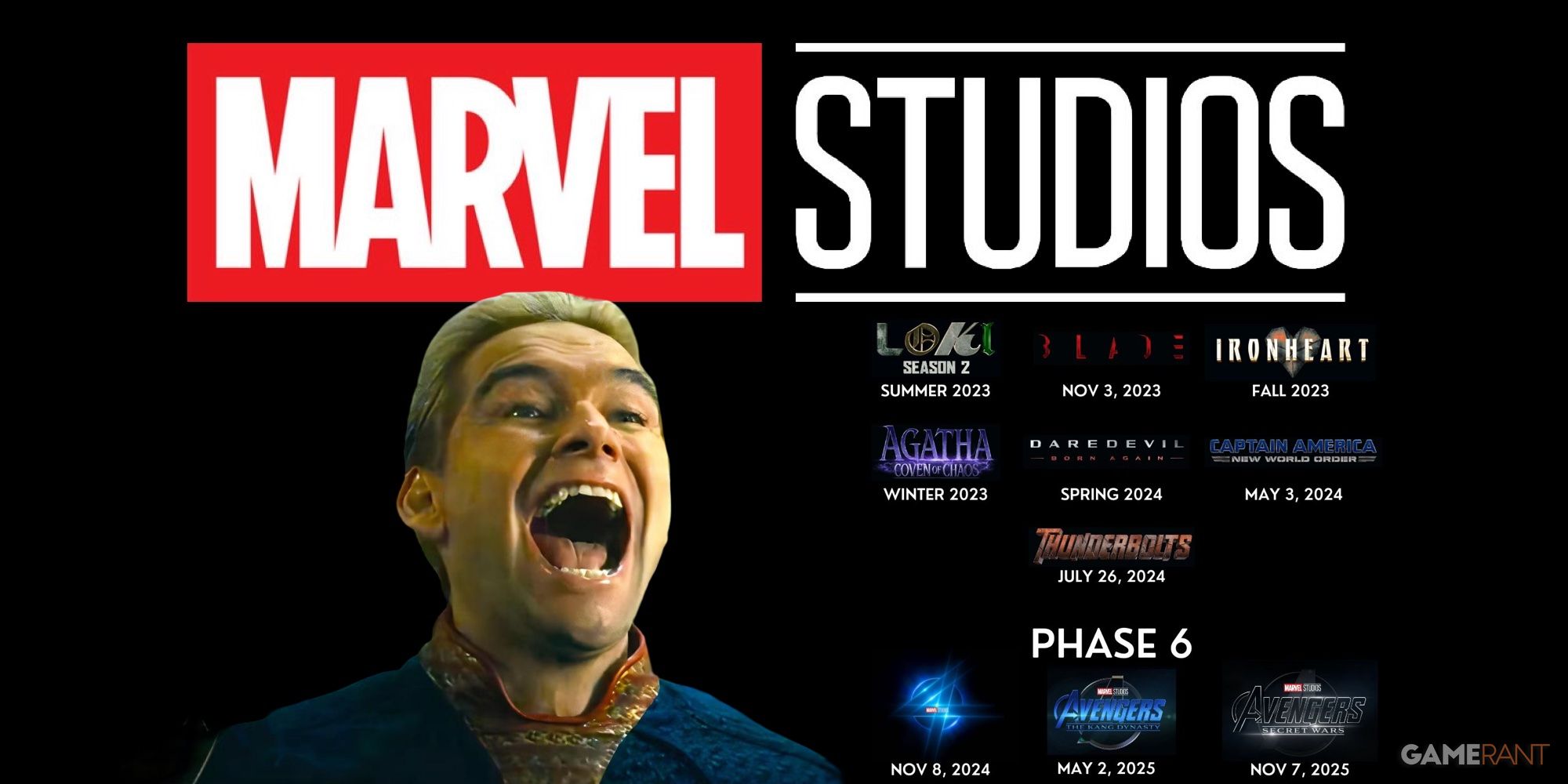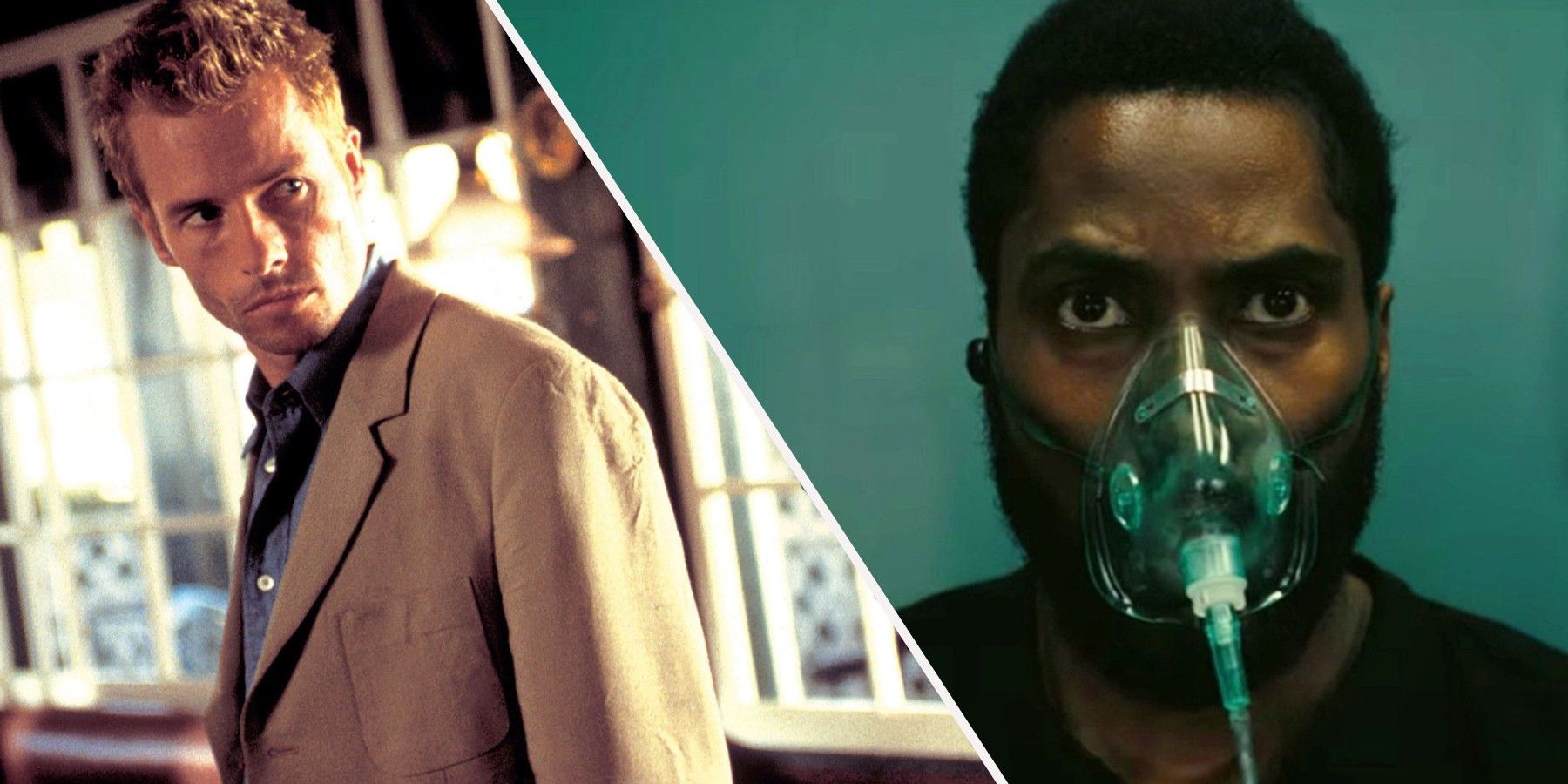There are many filmmakers who have risen to the notoriety that reaches those outside the film industry. The list of filmmakers that anyone would recognize contains Quentin Tarantino, Martin Scorsese, Stanley Kubrick, Alfred Hitchcock, James Cameron, Steven Spielberg, and several others, including English filmmaker Christopher Nolan.
Throughout his career, Christopher Nolan has been a huge component of some of the most well-known and successful films of the last decade. Aside from superhero films including The Dark Knight trilogy, many of Nolan's films share a common component. Of the stories Nolan has crafted, many of his films play with the conception of time.
Some of Nolan's most infamous time-oriented films include Memento, Inception, Interstellar, Dunkirk, and Tenet. Except for Memento, all of these films have won at least one Academy Award. Even without an Academy Award, Memento holds the highest rating on Rotten Tomatoes' Tomatometer, only ranking second among all of Nolan's films behind The Dark Knight. Nolan deals with time in such an innovative fashion in so many of his films, but Memento remains his best time-bending narrative over 20 years after its premiere.
Memento stars Guy Pearce in the lead role of Leonard, a man with anterograde amnesia brought upon by an attack from two men that he recounts are responsible for the death of his wife. Throughout Memento, Nolan uses both color and black-and-white sequences to separate the progression of time. The scenes in color, work backward, while the black-and-white scenes move forward. In the color sequences, Nolan sprinkles in just enough information that explains the current state of Leonard's investigation as he searches for the second man from his wife's attack. All Leonard has been able to discover about the man's identity is that he carries the initials J.G.
The basis of Memento makes it relatively striking right off the bat. Its opening image of a polaroid reverting to its previous undeveloped state sets the stage for the story. It steadily begins to reveal the focal events that have led to the dead body seen in the photograph that Leonard keeps in his possession. Leonard is an odd protagonist partly due to his condition, which at times, makes him a rather unreliable narrator. He places his trust in scribbled notes, photographs, and the tattoos that litter his body as opposed to the people around him. For the most part, this system works for Leonard, but he struggles to fully trust anything because of his condition.
Unlike some of Nolan's other films that deal with time, Memento doesn't revolve around a mission that impacts the state of the world. Memento is a relatively grounded story about a man who seeks justice for wrongdoing committed against him and his family. Details that come to light suggest that the narrative is ultimately a result of his mind playing tricks on him because his memories are altered. On the other hand, Inception and Tenet both feature a team sent on an extraordinary assignment to protect the world. Amidst their differences, Memento, Inception, and Tenet all result in a few uncomfortable revelations for the main character. In fact, Inception ends in a manner that is incredibly similar to Memento.
In Inception, Cobb spins the totem of his late wife to determine if he is actually in reality or still in a dream. The top is meant to fall if Cobb has successfully returned to reality as opposed to being tucked away in another layer of a dream. However, Cobb doesn't stay to observe the final result and greets his children, agreeing to live in blissful ignorance. Similarly, in Memento, after Leonard learns that Teddy's real name carries the initials of J.G. and plans to kill him, Teddy reveals that he's an undercover cop who helped Leonard with this crime over a year ago. Teddy insists that Leonard will never escape this cycle of hunting down J.G. and that Leonard's memory of his wife's death isn't entirely accurate. Leonard refuses to believe Teddy's admission and kills him, allowing the film to come full circle.
Nolan's most recent addition to his list of time-oriented films, Tenet, also progresses forward and backward. Tenet introduces the complicated process of inversion and the dangers that can accompany it if mishandled. Unlike Memento, Tenet's forward and backward progression often occurs at the same time, which can make certain scenes difficult to understand and follow. The rather ambiguous language used by the characters of Tenet doesn't help clarify most of this, even when their language is accompanied by explanations to tactical units who will carry out the dangerous missions. Specific details of Tenet's narrative become a bit challenging to connect because of this, giving it a much more disjointed feel than Memento.
Stylistically, Memento's use of color and black-and-white sequences make it much easier to understand the order in which everything is happening. By the film's conclusion, the events fit into one another, forming a concise narrative that is easy to make sense of. Tenet doesn't leave viewers with the same feeling. Elements of Tenet can be seen within Memento, despite the films having release dates over 20 years apart. In Memento's opening sequence, the bullet Leonard used to kill Teddy bounces back into his gun, much like the inverted bullets the Protagonist learns about in Tenet.
Ultimately, what helps make Memento such a striking film over some of Nolan's other time-based stories, is the way Nolan has constructed the narrative. There are not dozens of layers and intricate language used to set the complicated scientific scene, much like Inception and Tenet. The simplicity of the plot of Memento only becomes intricate through Nolan's decision to tell the story as he had. Otherwise, Memento could have been told in chronological order, but it certainly wouldn't have been as impactful.
Memento is now streaming on HBO Max.






